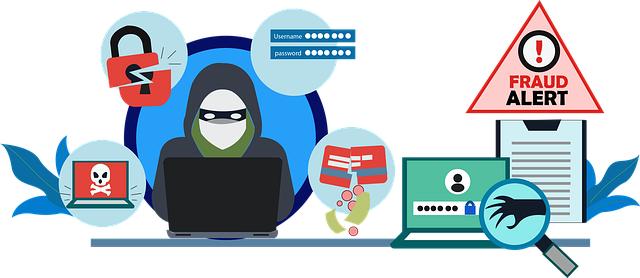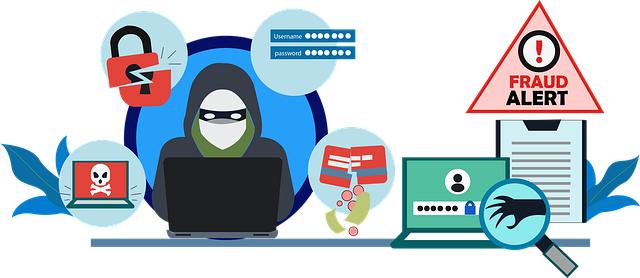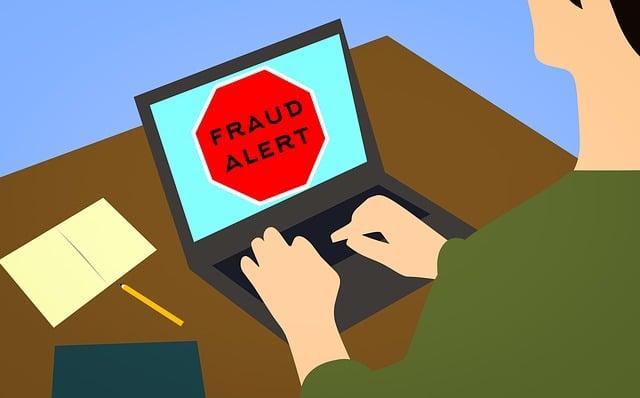- Introduction
- Understanding Gift Card Scams
- How Scammers Operate
- Recognizing the Signs of a Scam
- Protecting Yourself from Gift Card Scams
- Conclusion
- FAQs
Introduction
The year 2024 has marked a troubling rise in gift card scams, targeting unsuspecting consumers through various deceptive tactics. This article seeks to provide you with a detailed understanding of these scams, how scammers operate, the telltale signs that indicate you may be dealing with a scam, and most importantly, steps to prevent falling victim to this type of fraud. With the shopping season around the corner, it's crucial to be well-informed and vigilant.
Understanding Gift Card Scams
Gift card scams are a prevalent type of fraud where criminals deceive individuals into buying gift cards and providing the card information, usually under false pretenses. These scams have taken various forms, including phishing scams, tech support fraud, and more. In 2024, the approach has become increasingly sophisticated, making it harder for consumers to discern legitimate offers from scams.
Many businesses promote gift cards as convenient and versatile gifts, leading scammers to exploit this popularity. For instance, a scammer might pose as a trusted entity—such as a bank or a retailer—requiring you to purchase gift cards as a form of payment. Once you provide the card numbers and security codes, the funds are virtually irretrievable.
The allure of immediacy is a tool used by scammers. They often create urgency by claiming that immediate action is necessary, which plays on emotions and rationality. Consumers are then pressured into acting quickly, which leads them to make hasty decisions. Understanding the framework around gift card scams is crucial in protecting oneself.
Moreover, statistics indicate that the financial losses due to gift card fraud have reached staggering figures. In the past year alone, millions have been reported lost to such scams. Thus, an awareness of how these scams function can play a pivotal role in preventing future incidents.

(Image: Pixabay/@Fidsor)
How Scammers Operate
Scammers employ a variety of techniques to lure individuals into their traps. One of the most common methods is impersonation. Scammers often impersonate businesses or officials, using tactics that instill fear or urgency. For example, they may claim there’s a problem with your account and that immediate payment via gift cards is the only resolution.
Another popular approach is utilizing social engineering. Criminals spend time researching their targets, gathering personal information available publicly or through hacking. Armed with this knowledge, they fabricate convincing stories that leave victims feeling vulnerable and anxious about the next steps they should take. This strategic manipulation makes it easier for scammers to succeed.
Online platforms have accelerated the spread of these scams. Social media, emails, and even text messages are hotbeds for fraudulent activity. Scammers craft emails that seem credible but contain links to fake websites designed to harvest user credentials. As technology advances, so do the strategies employed by these deceitful individuals. Being aware of these tactics helps to develop a defense against them.
Of particular note in 2024 is the emerging trend of ‘draining wallets’, where operations focus on gaining access to digital wallets or accounts linked to gift cards. By using information gleaned from previous scams or leaked data, attackers access much larger sums of money housed within these accounts, causing significant financial damage.

(Image: Pixabay/@pxby666)
Recognizing the Signs of a Scam
Recognizing the red flags associated with gift card scams can be the difference between preserving your finances or succumbing to fraud. One common hallmark is unsolicited communication. If you receive a call or message out of the blue, especially asking for payment via gift cards, you should immediately exercise caution.
Pressure tactics are another significant warning sign. Scammers frequently insist that you must act quickly—either because you're in trouble or because an offer is about to expire. Genuine organizations and representatives will give you room to think over decisions without rushing you. Always take a step back for clarity.
Moreover, trust your instincts. If something feels off, it probably is. Often, scammers will use language that feels abnormal compared to typical corporate communications, making grammar errors or introducing unusual requests. Don't overlook these inconsistencies; they could save you from potential financial loss.
Finally, consider unusual payment requests. Legitimate businesses don't typically ask for payments in gift cards or other non-traditional forms. Asking for multiple cards, especially from various retailers, is a typical tactic employed by scammers. Stay alert to these distinctive behaviors; they can signal an ongoing scam attempt.

(Image: Pixabay/@Fidsor)
Protecting Yourself from Gift Card Scams
Prevention is the key to avoiding gift card scams. First and foremost, always verify contact details. If you receive a dubious communication, do not engage directly. Instead, look up the official website or contact number for the company and reach out directly. This simple step can confirm whether your concerns are valid or if you’re dealing with a scam.
Second, never share your gift card numbers or PINs with anyone who requests them over the phone or online. Legitimate companies will never ask for sensitive information in that manner. Keep your cards safe and treat them like cash; once a card is revealed to a fraudster, it's game over.
Additionally, educate yourself about current scams. Scammers often adjust their strategies based on trends and seasons. Following reputable news sources or consumer protection agencies can keep you informed about the latest threats, helping you recognize potential scams when they arise.
Lastly, report any suspicious activities to local authorities and the Federal Trade Commission (FTC). By doing so, you help contribute to the broader fight against scams and potentially protect others from falling victim to similar exploits. Your vigilance can make a difference.

(Image: Pixabay/@Mohamed_hassan)
Conclusion
As gift card scams rise in tandem with advancements in technology in 2024, remaining vigilant is critical to protecting your finances. Understanding these scams, recognizing their signs, and knowing preventive measures can shield you from falling victim to deceitful practices. Always remember to trust your instincts, verify authenticity, and report wrongdoing. Arm yourself with knowledge, and together, we can combat this growing issue.
FAQs
What should I do if I realize I've been scammed?
If you suspect you've fallen victim to a gift card scam, act quickly. Contact the retailer from which the gift card was purchased to see if any recourse is available. Additionally, report the scam to local law enforcement and the Federal Trade Commission (FTC) to log the incident.
Can I get my money back after being scammed?
In many cases, once the scammer has access to your gift card information, retrieving the funds may not be possible. However, contacting the retailer might help if immediate action is taken. They can sometimes work with law enforcement to track down fraud attempts.
Are all gift card purchases scams?
No, the vast majority of gift card transactions are legitimate. Scams occur when individuals are misled into providing card information to impostors. It's essential to differentiate between legitimate offers and suspicious requests.
How can I prevent gift card scams?
To prevent gift card scams, educate yourself about their common tactics, never share your gift card details over phone or email, and verify the identity of anyone requesting payment via gift cards. Staying informed and cautious is the best defense against these scams.
What should I do if I receive a suspicious request for gift cards?
You should ignore the request and report it to the relevant authorities. Do not engage with the scammer, as this can often encourage further scams. Always verify if the contact is legitimate before responding.

